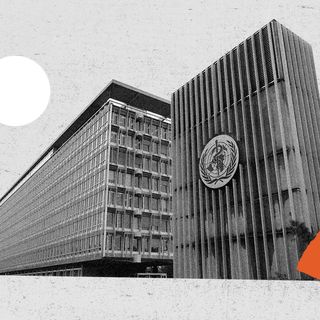After two years and more than 2000 deaths, the World Health Organization confirmed that the nation’s tenth Ebola outbreak had been curtailed.
This good news comes as respite amid healthcare officials’ dedicated efforts to cope with Congo’s measles and Covid19 outbreak while dealing with Ebola too. The victory was also hard-won, amid political feuds, community mistrust, and violence against health care facilities and workers.
Ebola, named after the virus that causes the disease, is a hemorrhagic fever that also causes weakness and abdominal pain. With a fatality rate of 50%, the disease spreads due to contact with sick/dead people or animals. Ebola, though a massive challenge to healthcare workers, is also relatively easy to contain in comparison to Covid19, as it only spreads after an individual shows symptoms, and that too only via contact with bodily fluids.
Related on The Swaddle:
How Likely Are You to Get Coronavirus? Very.
What it took to end the outbreak was a significant show of commitment from 16,000 front-line workers, medical innovation, and a vaccine. This, amid 420 attacks on health facilities and rampant spread of false news about the disease. Healthcare workers utilized CUBE emergency rooms — portable spaces that allowed medical teams to treat infected individuals safely without always needing protective gear. The Ervebo vaccine, which remains the only one to have won approval from the U.S. Food and Drug Administration, was also an essential tool that helped the nation move towards the end of the outbreak. Plus, two antibody cocktails, developed separately, showed patient improvement — even as no one thought conducting clinical trials would be possible amid an Ebola outbreak.
This doesn’t mean Ebola will never attack again — a new case popped up as recently as June, separate from the current outbreak in Congo. However, what does change is the preparedness and the ability to quickly curtail the transmission of the virus, while treating sick patients. Since the first Ebola outbreak in 1976, an enormous amount of progress has created the ability to rapidly curtail the disease and to avoid its transmission to reach an epidemic stage, like it once did from 2013-2016.
“It wasn’t easy,” Dr. Matshidiso Moeti, the W.H.O. regional director for Africa, told the New York Times, adding “At times it seemed like a mission impossible. Ending this Ebola outbreak is a sign of hope for the region and the world, that with solidarity and science and courage and commitment, even the most challenging epidemics can be controlled.”




